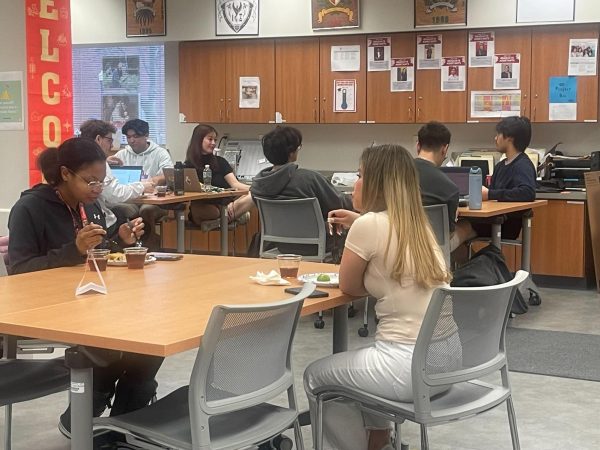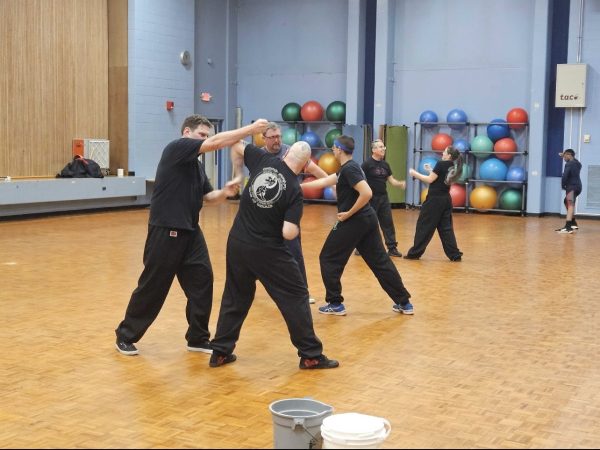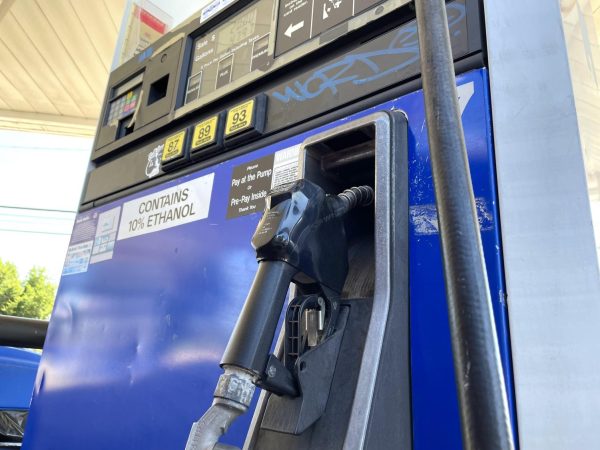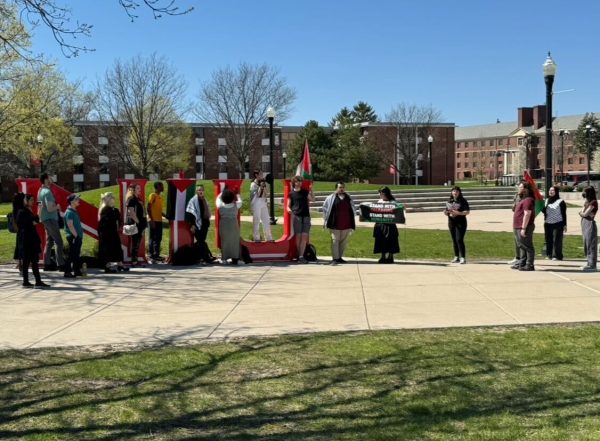Retail and music venues to help reconnect NIU and city
October 1, 2017
DeKalb and NIU officials are working to bring more foot traffic through the city by looking into different retail, socialization and community-enhancing spaces.
The revitalization efforts come in the form of many initiatives, including the construction of the Cornerstone Project at the corner of Lincoln Highway and First Street, which will bring new residential and dining options to the area. Officials are seeking student input about the types of businesses and establishments that could be added to downtown DeKalb.
Jason Michnick, DeKalb Economic Development coordinator, said the effort to receive student suggestions about local entertainment and retail will be ongoing. There are multiple outlets for students to make suggestions, including attendance of open meetings related to revitalization efforts and discussions with NIU or city officials.
“Turning that suggestion into a reality is kind of the difficult part because you have to find a viable business that’s in that realm and then a space for them that works for them,” Michnick said. “And then the owner of that property and the owner of that business have to be able to come to terms on an agreement on lease.”
Along with efforts to revitalize the downtown, city officials are also working to improve transportation options and improve the quality of life for residential areas including Greek row and student apartments through the Annie Glidden North Revitalization Plan.
Student input has been incorporated to these projects, as well, and the hope is to see similar input for downtown.
Michnick said conversations with students about area entertainment revealed Huskies would like a local dance club in addition to popular bars Fatty’s Pub and Grill, 1312 West Lincoln Highway, and Molly’s Eatery and Drinkery, 1000 West Lincoln Highway.
“That’s another challenge because that’s a specific type of business that has its own issues, and figuring out the right kind of space and the right management of that can be difficult,” Michnick said.
Sharing ideas
The NIU City Student Leaders Group is an option that provides an outlet for students to have a voice in the revitalization process.
The group is open to anyone with an interest in sharing their ideas regarding community development. Meetings are held 5 p.m. the first Wednesday of every month in the Campus Life Building, room 180, and dinner is provided.
“And from that first meeting, I just started going to more and more just because we saw the value in engaging in that productive communication and that dialog with the city,” said Stephanie Torres Celis, director of Academic Affairs for the Student Association. “Especially because we’re right next door, the city is part of the university and the university is part of the city, so it seemed very silly to not be in those conversations in the first place.”
Each meeting designates time for students to provide suggestions or concerns, Celis said.
“It’s an opportunity if there’s issues that students have that we’re not aware of it’s an opportunity for students to talk to city leadership and make sure their voices are heard,” Michnick said
Students have the opportunity to share some of their concerns with city council leaders, who are part of the group, by attending the meetings, Michnick said.
There are a variety of open meetings on campus in which students have a platform to speak, acting President Lisa Freeman said.
“Also, always, University Council is a place where you can just stand up — and those are open meetings — someone can stand up and suggest an idea,” Freeman said. “The same with the Student Association meetings.”
Jennifer Groce, director of Community Affairs, and Dean of Students Kelly Wesener-Michael will also be happy to listen to student ideas, Freeman said. Their contact information can be found in the NIU directory.
Motivated downtown
Celis said the city is working hard to reconnect with NIU and is constantly looking for areas to improve in coming together.
“I would love to see a reconnection between the city and the students,” Celis said. “It’s starting now; there’s a spark, I think, but I would love to see it really develop into something big and something large and something that when you think about NIU, you think about the city.”
Michnick said working with students goes beyond economic development.
After speaking with different alums, Celis said they identified the downtown area as an exciting place for students to spend time.
“It was such an integral part of being a Huskie that they were just always surprised that students don’t necessarily feel that same way anymore,” Celis said.
The hope is for students to feel connected to DeKalb. Michnick said many students go home on the weekends, but he hopes to see more students spend time downtown.
“Not necessarily just to spend money, but students add so much to the atmosphere of the community that it would be really great to get students to come off campus more often and participate in the community,” Michnick said.
It is the goal of both the city and university to create a stronger sense of community, Freeman said. Through developing a better downtown, the intention is to create a sense of connection between the city and university.
“We want this to be a town that students enjoy when they’re here because we know that will make them more attached to NIU and more likely to think about coming back and raising a family here or starting a business here, and that’s kind of what we want,” Freeman said.













